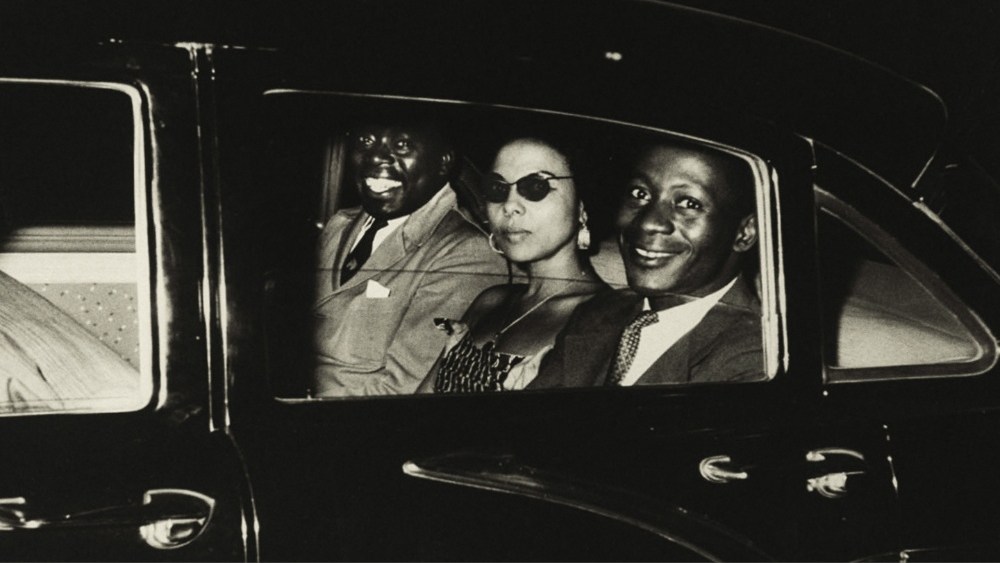Congo Coup Documentary Mixes Pop and Politics
Premiering out of Sundance’s World Cinema Documentary Competition, the impressionistic essay film “Soundtrack to a Coup d’Etat” refracts the plot against Patrice Lumumba through a kaleidoscopic lens. Cutting between historical footage of the UN General Assembly and home movies shot in liberation-era Congo, weaving in a diverse set of perspectives, and setting the pace to a non-stop rhythm of bebop, rumba and classic jazz, director Johan Grimonprez evokes the euphoria of post-colonial possibility and the heartbreak of the dashed hopes and violent reprisals that would ensue.
“At first, I wanted to explore the colonial legacy of my own country,” says the Belgium-born Grimonprez. “I was already mesmerized by the story of Andrée Blouin, who was an independence leader, an advisor to [Ghana president] Kwame Nkrumah and chief of protocol for [first Congolese prime minister] Patrice Lumumba, but who was almost written out of history. And as a filmmaker, I like to explore those intimate stories within a wider, global picture.”
Grimonprez traced that wider picture by pairing Blouin’s home-movies and personal recollections – together offering an eyewitness account of Lumumba’s brief tenure – alongside a chorus of contemporaneous voices and archival sources, with Soviet Premier Nikita Khrushchev, U.N. envoy Conor Cruise O’Brien, and Congolese author In Koli Jean Bofane all stepping into the spotlight at different points. Tying them all together, of course, is the music itself.
“I wanted the music to be a kind of protagonist all on its own,” the filmmaker explains. “Music is an actor of this global story. Louis Armstrong was there for the first months of Congolese independence, while Max Roach and Abbey Lincoln took inspiration from the independence movement in Africa. Congolese merchants brought rumba back from Cuba, where Congolese slaves had helped inspire the music centuries prior. At essence, jazz is how this sort of global homelessness reinvents itself.”
Still, as the title might suggest, “Soundtrack to a Coup d’Etat” often takes a more caustic view of the subject, particularly as Grimonprez explores the various ways America’s jazz greats were used as subterfuge for CIA plots – including the effort to overthrow Lumumba.
“Visits from these jazz ambassadors nearly always presaged a coup,” says the filmmaker, pointing towards Dizzy Gillespie’s 1956 trip to Syria and Duke Ellington’s 1963 concert in Iraq – which occurred, in fact, simultaneous to that year’s coup. “And I thought it so peculiar that the State Department would be sending out jazz musicians to cover for plans and policies even the musicians were not aware of. There was literally a moment where Louis Armstrong had dinner with Larry Devlin, the head of the CIA in Leopoldville – and Armstrong had no clue!”
If anything, the filmmaker delighted in that kind of irony.
“The closer you get to the truth, the more you must incorporate those contradictions,” he says. “Such contradictions reveal what’s actually going on, so I tried to work them into the film’s design, to play the [tone] and soundtrack against what you actually see on screen. I was always trying to investigate the codes of the footage that I found, trying to turn them upside down or open them up.”

